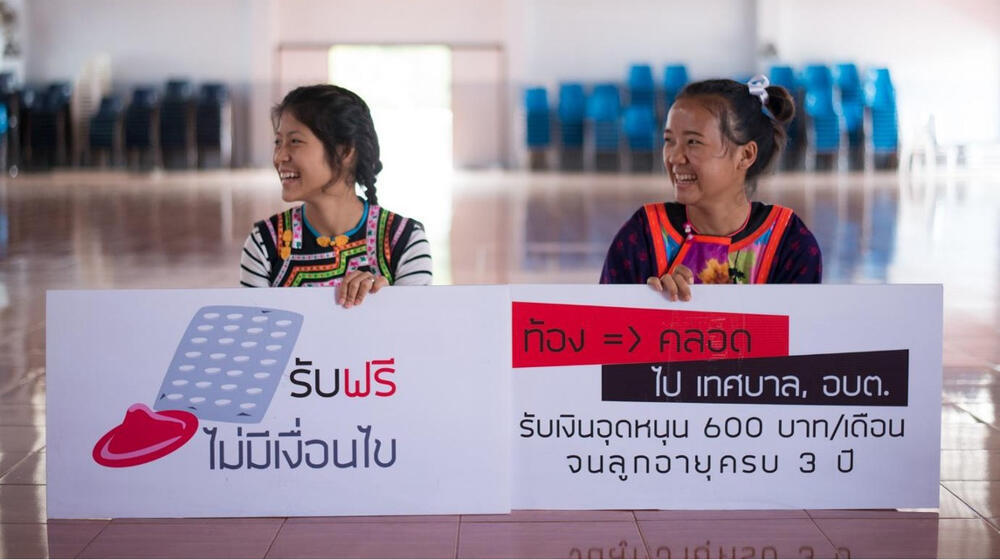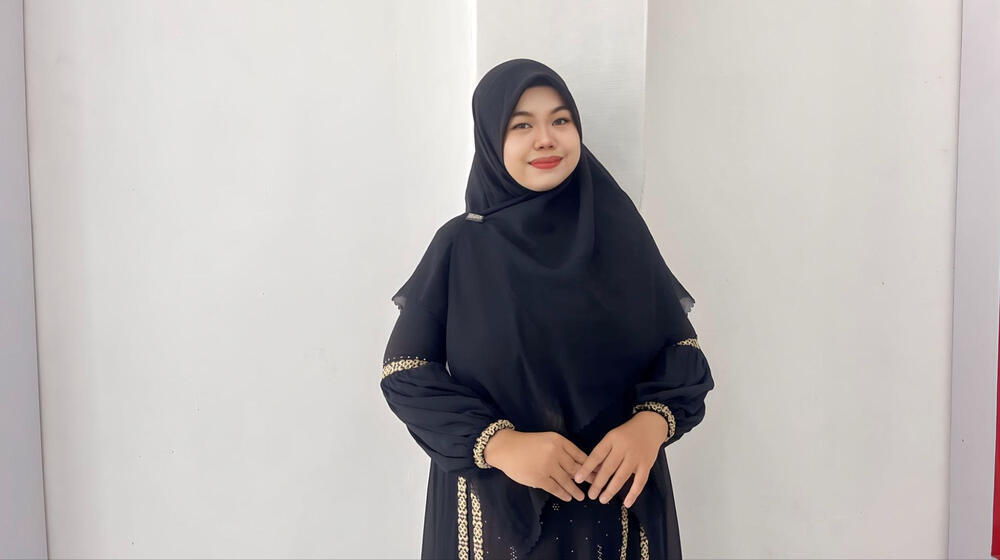“A girl’s life should begin the way every life should: as an open book in which she writes her own story,” UNFPA Executive Director Dr. Natalia Kanem has said. “Yet from the moment a girl takes her first breath, she is already at a disadvantage simply because she was born a girl.”
Indeed, the numbers tell an alarming story. More than 640 million women alive today were married in childhood. In the developing world, nearly 1 in 3 women begins bearing children in adolescence. Twelve million adolescents give birth each year. Some 5.7 million adolescent pregnancies end in abortions, mostly in unsafe conditions.
But there is another story as well. Six hundred million adolescent girls globally represent infinite possibilities for leadership and change. Adolescent girls are driving forces in creating more just and sustainable societies in the future we want. Supporting their leadership and advocacy on issues from menstrual health to discriminatory gender norms upholds their rights, improves their well-being and increases their ability to contribute to change.
Ensuring access to comprehensive sexuality education and sexual and reproductive health services for adolescent girls will have a triple dividend – with benefits for girls now, as well as for their adult life and for the next generation of children. Increased and targeted investments will help guarantee the well-being of adolescent girls and their rights to education, health, equal opportunities and protection from harmful practices, such as female genital mutilation and child marriage.
Child marriage is the toxic product of economic inequality and gender inequality. Many impoverished parents believe that marriage will secure their daughters’ future. Some parents see their daughters as burdens or commodities, a perception exacerbated in times of crisis. In places where the bride’s family pays a dowry to the groom’s family, younger brides typically command smaller dowries, creating an incentive for parents to marry their daughters off early. In places where the groom’s family pays a bride price, parents in difficult circumstances may marry off their daughters as a source of income.
A girl should not be sacrificed for her family’s economic salvation. Let a girl be a girl. And let a woman’s wedding day be unforgettable for the right reasons, with tears shed for joy to celebrate beginnings, not for sorrow to mourn endings. Do we stand steadfast in our commitment to see that no girl is married before she freely decides she is willing and ready? We do.
Wedding websites are created by couples to inform wedding guests of details of the event, as well as the personal history of the couple’s life together. Such sites are intended to be celebratory. We created one for an 8-year-old child married off to a 31-year-old groom in Yemen. By subverting the idea of such a site with the horror of a real child marriage, we call attention to the plight of many girls around the world who have little to no bodily autonomy, a violation of their rights.
To be sure, adolescent girls face many intersecting forms of discrimination and exclusion related to age, gender, ethnicity, language, HIV status, marital or immigration status, disabilities and poverty. Gender-based violence affects almost 1 in 4 adolescents girls aged 15 to 19 who have ever been married or had a partner. Among adolescent girls with access to the Internet, 58 per cent have been harassed or abused online. A recent study in the United States found that 57 per cent of adolescent girls felt persistently sad or hopeless in 2021, double the rate among boys and the highest level in the past decade.
Girls have hopes to fulfill, dreams to achieve. As we mark the International Day of the Girl Child this year, we must step up investments and actions to make their dreams a reality. “Every single one of us can commit to being their allies and champions,” Dr. Kanem has said. “Instead of sidelining a girl, shine a spotlight on her. Instead of silencing her, hand her a microphone. Hear what she has to say. Give her the chance to chart her destiny and be a force for positive change.”




